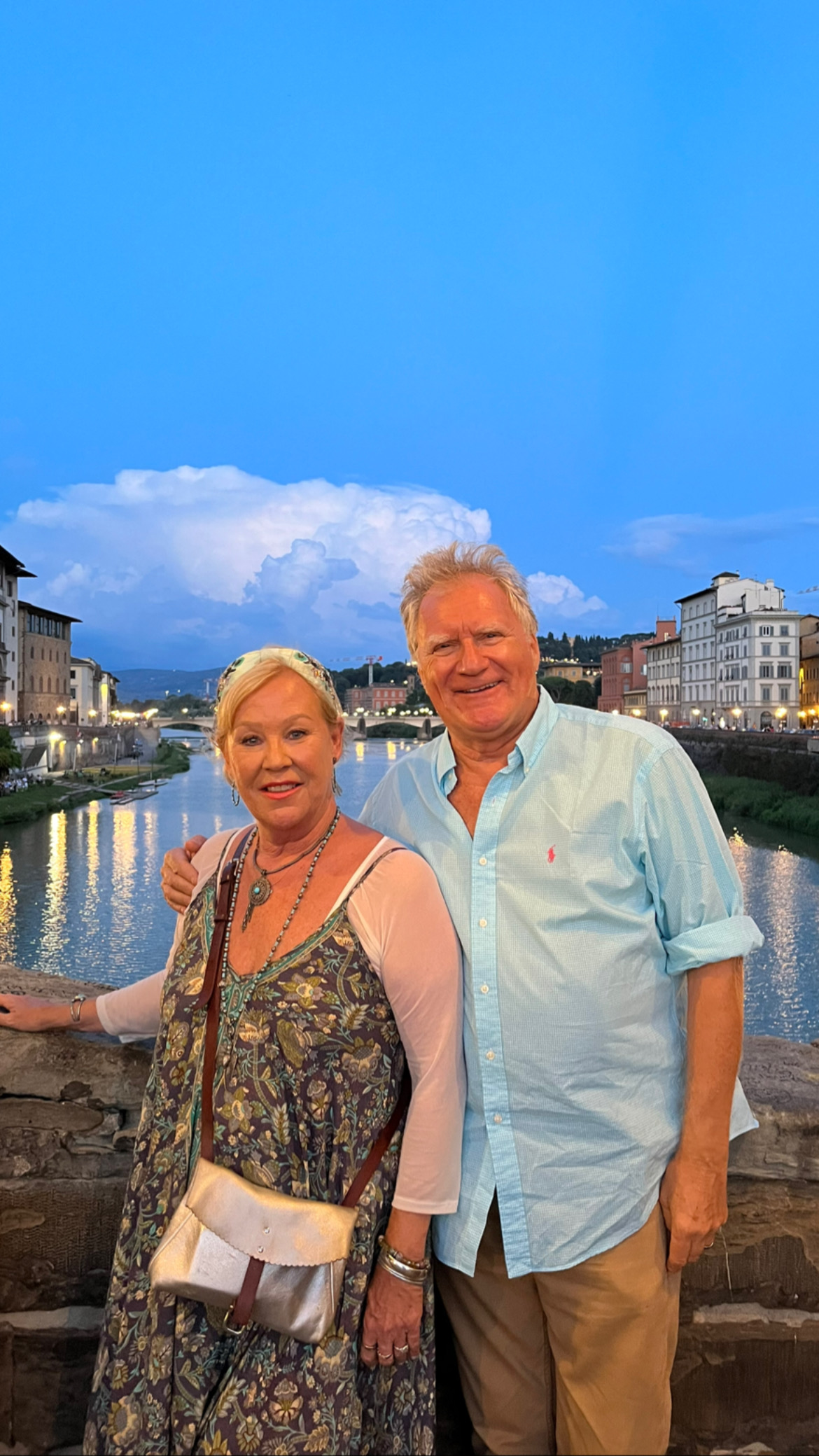66. GRAND MARAIS, MINNESOTA & INTO CANADA
- Des & Sandie Nichols
- Aug 21, 2022
- 3 min read
Updated: Jun 24, 2024

"The moving finger writes; and, having writ, moves on... “
The words of Edward Fitzgerald's translation of The Rubáiyát of Omar Khayyam come closest to defining our emotions as we headed east. It was time to leave the gloriously exciting Wild West, taking away indelible memories and heavy hearts. Traveling like this is such an immense and unforgettable experience. A privilege even. So it was genuinely saddening to see the snow-capped mountains of Washington, the deep-green valleys of Montana and the inspiring wildlife of Wyoming and South Dakota all disappearing into the distance in the wake of the bus. But it is done, and thankfully cannot be undone, or as Fitzgerald continues more poetically:
"...nor all thy piety nor wit shall lure it back to cancel half a line, nor all thy tears wash out a word of it".
However, time and tide waits for no man, they say, and so the wheels have to keep on turning, and we have now arrived on the north shore of Lake Superior, taking the long road across the Canadian border. To be honest, the journey from the Black Hills of South Dakota into and through Minnesota was an interminable, mind-numbing bore, exacerbated by some of the worst roads we have had to endure in this whole trip. Minnesota highways repair agency must be made up of one man and his guide dog. The 'wobble bus' rattled and hummed as it forged its bumpy path forward in a straight line towards the eastern horizon, shaken to its wing-nuts with all the potholes and crater cracks in the excuse for a road. It is a miracle that there is even one piece of unbroken crockery or, even more importantly, a single wine glass left. Highway 90 at this point is simply 'orrible, an endless, bone-shaking fight. So it was a delight and huge relief to get past the Twin Cities of Minneapolis/St Paul and to turn into our RV park on the lakeside beach at Grand Marais. Suddenly we had found sanctuary in a Cape Cod haven with its essential lighthouse and quirky New England charm set in the middle of America. This wonderful village that calls itself a city has so few citizens that surely almost every one must have a seat on the City Council. It sits on a large sweeping bay, a friendly harbor protected by its own natural breakwater. So beautiful.





Faced with the daunting thought of battling the American traffic around the southern side of the Great Lakes, a glance at the map and the sight of a small road hugging Lake Superior along its Canadian north shore for nearly 500 miles proved irresistible. And we have no regrets. Hardly anyone lives here; mile upon mile upon mile of empty, gently winding road lead us along the edge of the greatest of the Great Lakes, which stretches out in superior fashion to a distant point where it seamlessly melds with the blue sky. Pine trees and the occasional road signs warning us that there could be a loose moose on the road are our only companions. It is so quiet and peaceful. We have camped at a tiny town called Rossport, where a wooded provincial park with its own beach gives us a place to rest up after the 1500 mile drive from Seattle.


Nature has an irritating habit of spoiling everything just when you think you have found Nirvana. The mosquitoes are attack kamikaze killing machines, making any idea of sitting out as the sun goes down a sheer torture for everyone except the sickest sado-masochist. The worst place to be caught is in the hole-in-the-ground loo at dusk. They lurk below. Talk about a sitting target.

One more day here and then we are off to the highly praised Pancake Bay for a four day sojourn. This particular blog may be spectacularly short on highlights and excitement but that perfectly reflects where we are at this stage. There is a lot of nothing in the MidWest of America. You'd have to be born there to live there. So on we go. After a stop to see beautiful Mackinac Island on Lake Huron in northern Michigan, the bus will be pointed towards Ottawa, Montreal and Quebec, before completing our 3,696 mile west-east trans-America marathon. So it’s back to our beloved Maine for August and to do maximum damage to the lobster population. Please don't be put off... the best is yet to come!
We shall try and move fast enough that the mosquitoes cannot catch us. And slow enough that we can stop for a marauding moose.




Comments